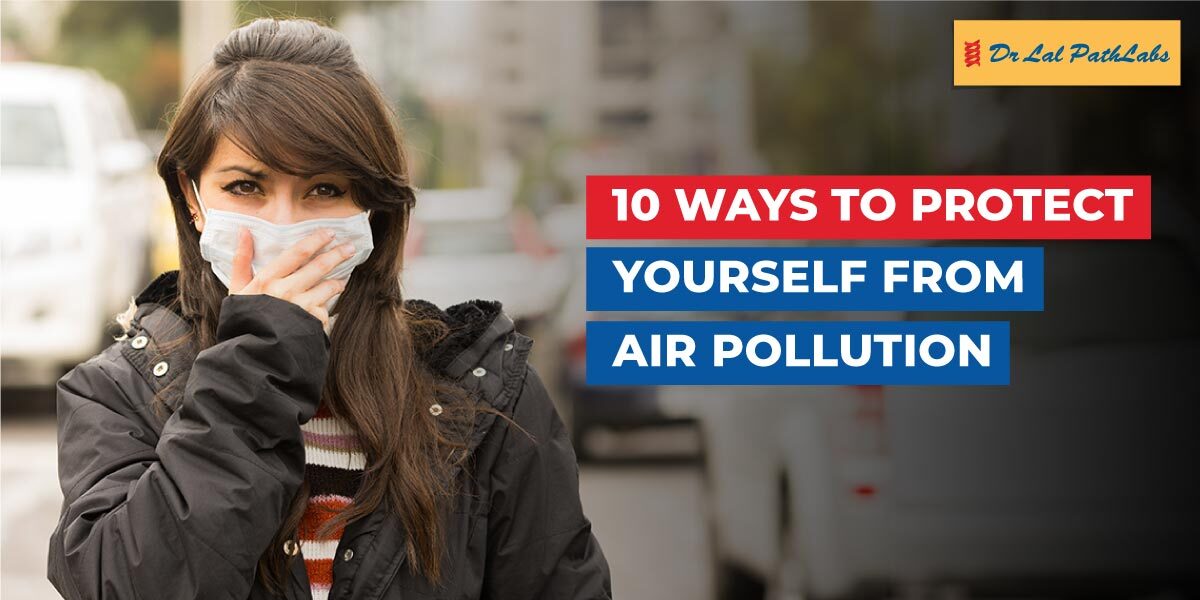How Does Air Pollution Affect Human Health?
Introduction
The air we breathe is essential for our survival, yet the quality of the air in many parts of the world is deteriorating due to various factors, with air pollution being a major concern. Air pollution consists of a mixture of harmful substances, including particulate matter, gases, and chemicals, that can have a detrimental impact on human health. In this blog, we will explore how air pollution affects your health and why it’s crucial to address this pressing issue.
Particulate Matter and Respiratory Problems
One of the primary components of air pollution is particulate matter (PM), tiny particles that can be inhaled deep into the lungs. PM is categorized based on size, with PM2.5 (particles with a diameter of 2.5 micrometers or smaller) being particularly harmful. These fine particles can penetrate the respiratory system and lead to a range of health problems.
Exposure to PM2.5 has been linked to an increased risk of respiratory issues such as asthma, bronchitis, and chronic obstructive pulmonary disease (COPD). These particles can irritate the airways, trigger inflammation, and compromise lung function. For individuals with pre-existing respiratory conditions, air pollution can exacerbate their symptoms and make it more challenging to manage their health.
Cardiovascular Effects
Air pollution doesn’t just impact the respiratory system; it also affects the cardiovascular system. Long-term exposure to air pollution is associated with an increased risk of heart diseases, including heart attacks and strokes. Particles from air pollution can enter the bloodstream, causing inflammation and oxidative stress, which can damage blood vessels and lead to atherosclerosis (hardening of the arteries).
Moreover, air pollution can raise blood pressure and disrupt the heart’s electrical activity, increasing the likelihood of arrhythmias. For individuals with heart conditions, exposure to polluted air can be life-threatening, and even those without pre-existing heart issues may experience adverse effects on their cardiovascular health.
Impact on Children’s Development
Children are particularly vulnerable to the effects of air pollution. Their developing bodies and respiratory systems are more sensitive to pollutants, and exposure during critical stages of growth can have lasting consequences. Children exposed to air pollution may experience delayed lung development, increased respiratory infections, and a higher risk of developing asthma.
Cancer Risk
Air pollution isn’t limited to respiratory and cardiovascular problems; it also poses a cancer risk. Prolonged exposure to certain air pollutants has been associated with an elevated risk of lung cancer. In fact, the International Agency for Research on Cancer (IARC) classifies several air pollutants as carcinogens, placing them in the same category as tobacco smoke and asbestos.
What can be done to reduce air pollution?
Here are some actions that can be taken to mitigate the health effects of air pollution:
- Reduce Personal Exposure: Individuals can take steps to reduce their exposure to air pollution. This includes staying indoors on days with high pollution levels, using air purifiers, and wearing masks when necessary.
- Support Clean Energy: Transitioning to clean and renewable energy sources can reduce emissions from power plants and vehicles, leading to improved air quality.
- Sustainable Transportation: Choosing public transportation, carpooling, biking, or walking can help reduce air pollution from vehicles.
- Green Spaces: Increasing the number of parks and green spaces in urban areas can help improve air quality and promote public health.











